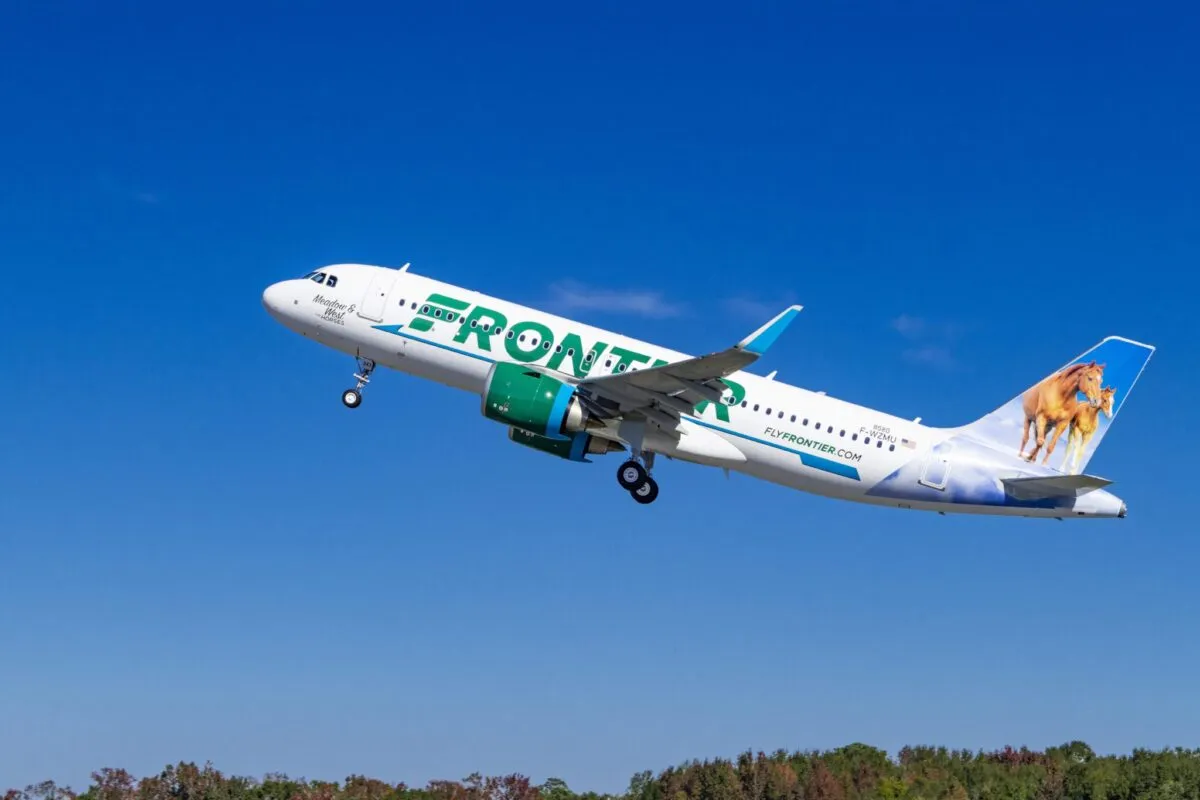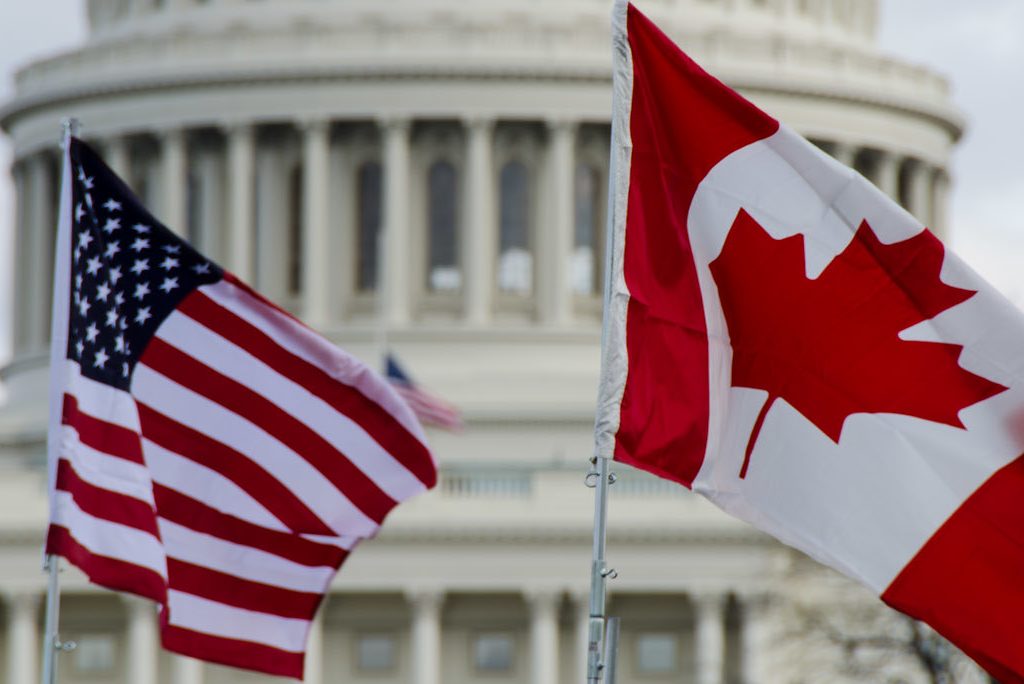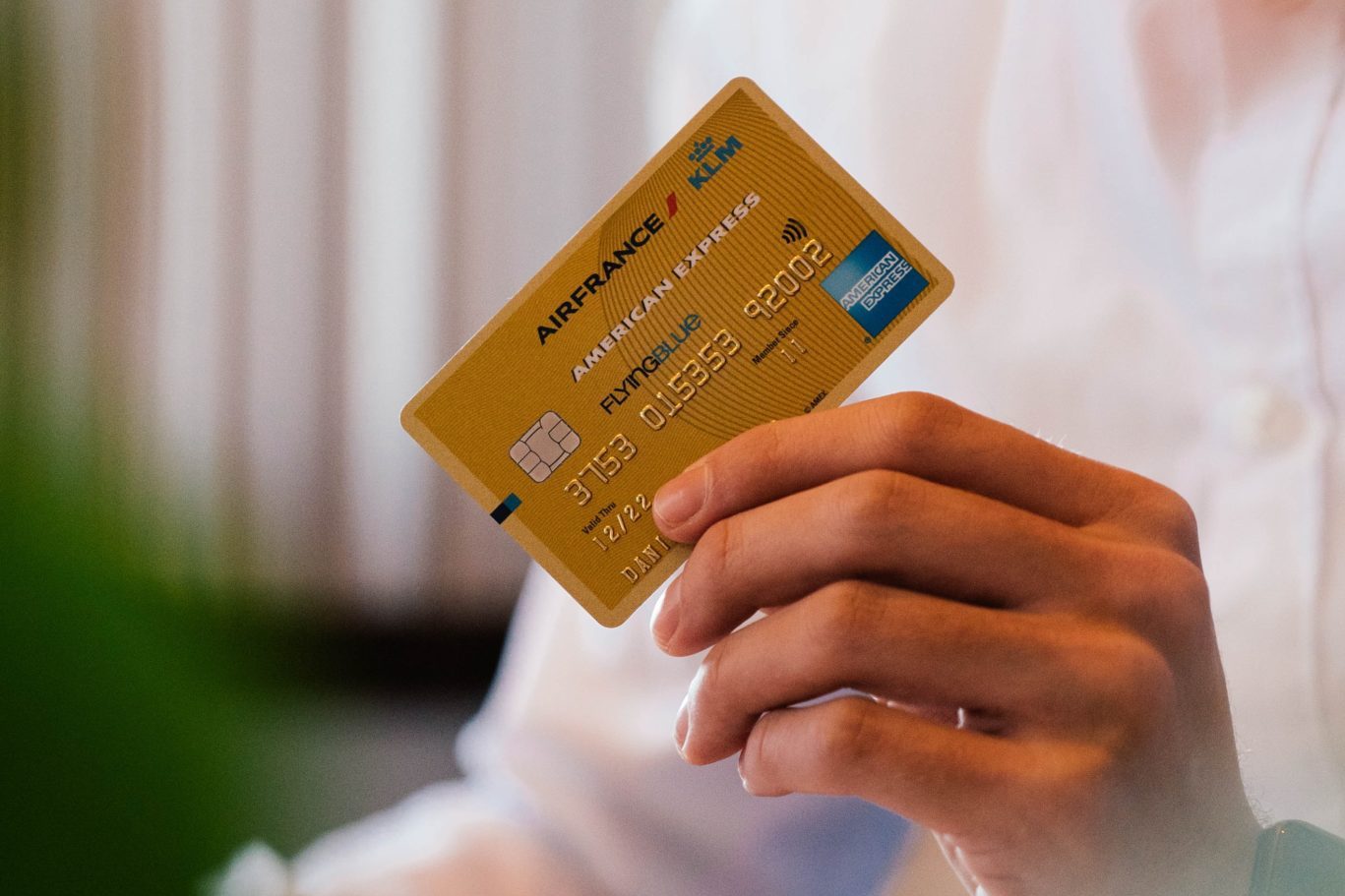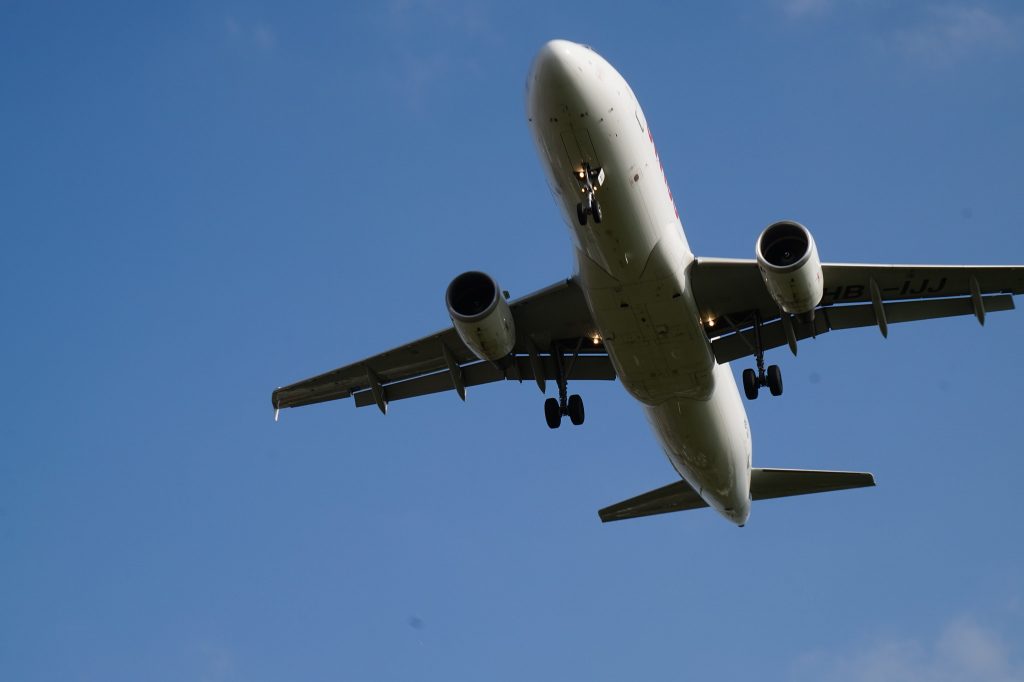Hotels in Asia Find Locking Down Easier Than Unlocking
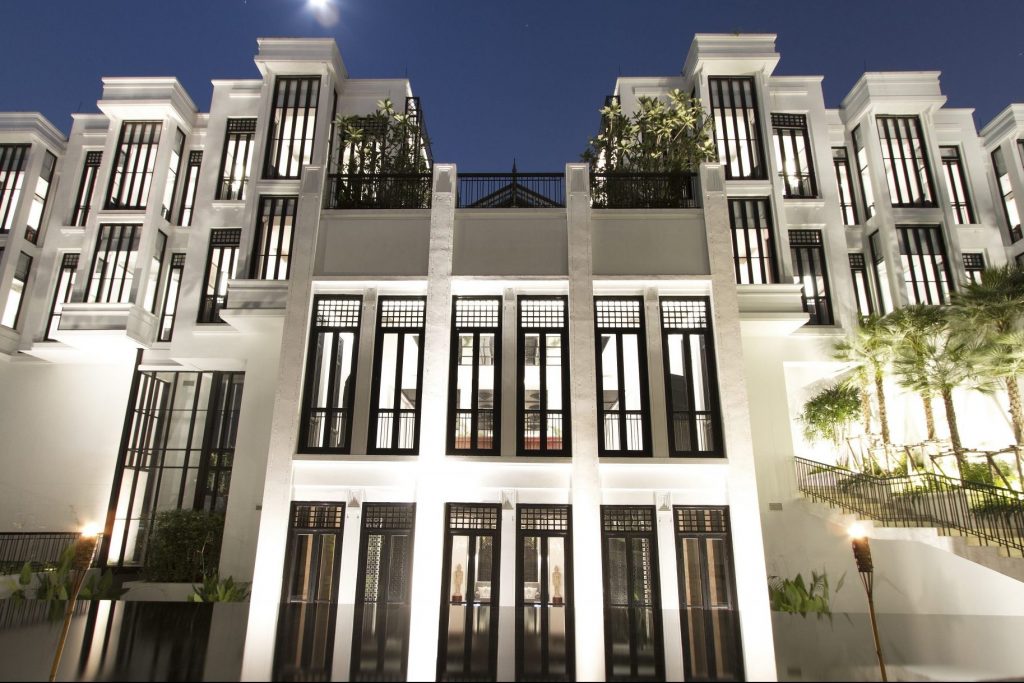
Skift Take
As countries in Southeast Asia such as Thailand and Vietnam ease lockdown restrictions, hoteliers that are raring to reopen are finding that unlocking is harder than closing.
While many by now have a respectable crisis management textbook, thanks to past disasters that have included tsunamis, volcano eruptions, earthquakes, terror attacks, financial crises, military coups and SARS, there isn't a chapter on how to unlock a hotel when the state of play is still unfolding.
One of the most exasperating challenges of reopening, as Thai hoteliers have discovered, is choppy regulations. Thailand's Civil Aviation Authority on May 15 extended a ban on all international flights, due to be lifted end-May, to end-June without clear reasons. Phuket International Airport, a key domestic hub, was to reopen for local flights on May 16, but the authority announced, without advance notice, that it would remain closed indefinitely.
Thailand has successfully contained the Covid-19 pandemic with just three new cases as of May 26, bringing the total number to 3,045.
Even if regulations don't chop and change, unlocking is a gamble. Hoteliers can be certain about only one thing: occupancy and room rates will be low.
Unlocking means running the meter on costs — in Thailand just turning on the air conditioning can cost a 300-room hotel more than $31,000 a month. There is also a new price to pay for social distancing, which reduces revenue opportunity per available space in restaurants or meeting rooms.
And while costs of additional cleaning equipment and frequency is affordable, Thai hotel owner Marisa Sukosol, executive vice president of Sukosol Hotels, is already worrying about future investments in contactless technology such as keyless lock system, mobile check-in, automated doors and sensor/infra-red operated faucets which she said “will have to be accelerated.”
The Art of War
Reopening therefore is akin to art of war, requiring hoteliers to be Sun Tzu strategists in trimming costs.
“When we reopen, we predict occupancy will be no more than 40 percent this year,” said Sukosol. “A price war is inevitable — everyone will be giving discounts and value adds such as dining vouchers to attract guests. So we have to keep costs down as best we can.”
That means preparing beforehand to streamline operations and revamp the team into cross-functional, multi-tasking warriors. Hotels tend not to put teeth into these efficiency measures when running high occupancies.
Sukosol Hotels owns and operates two hotels in Bangkok, the 500-room Sukosol and the city's rate setter, The Siam, which has 39 suites and villas. In the beach destination Pattaya, less than two hours' drive from Bangkok, the chain has three resorts. It is preparing to unlock all five by July 1, starting with Wave Pattaya that will reopen on June 1.
“We'll have to combine departments, laundry with housekeeping, bell service with security, banquet service with restaurant service. If The Siam Bangkok has a wedding and needs extra hires, we'll take them from Sukosol Bangkok instead of hiring outside help. So no casuals, temps, outsourced staff, we just have to pull our resources from our own staff. Our team knows we'll be asking a lot more from them, they are willing to adjust. Everyone wants a job, everyone now knows a pandemic or something [untoward] could happen again. We will learn from this crisis to operate really efficiently in the future,” said Sukosol.
Why Unlock?
Unlocking is harder than closing or pre-opening hotels as it's about predicting the unknown such as how business will come back, or dealing with the new normal of social distancing and hygiene measures, for which there isn't one standard, said Tommy Lai, CEO of GHM, in a recent webinar organized by TripAdvisor in Asia. “The planning for reopening is actually very, very tough for us,” said Lai.
But for hoteliers with passion, it's “very hard” not to have guests in hotels, said Thomas Willms, CEO of Deutsche Hospitality, which is owned by China's Huazhu Group.
“If we open our hotels [the chain has some 120 hotels, most of them closed], we're not talking about a 70 percent occupancy [but] 10, 15, 25 percent occupancy. As you and I know, for hotels below 50 percent occupancy, it's hard to make a profit,” he said in a recent webinar organized by PKF hotelexperts. “So it's more about reducing losses and bringing back loyal guests.”
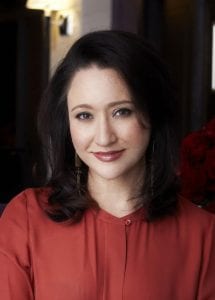
Marisa Sukosol, executive vice president, Sukosol Hotels, reopening all properties by July. Photo: Sukosol Hotels
Sukosol, whose family has owned/run hotels since 1975, is one passionate hotel owner. She thinks of the staff. The company has taken measures such as voluntary unpaid leave and axing probationary and outsourced staff, but “if we have to close longer, we have to make difficult decisions, which weigh heavily on our hearts.”
By reopening when there is a window, there is at least income to pay salaries, she said. It also seems the humane thing to do for staff, added Sukosol, who believes people want to work and feel bad being paid to stay home. “It's important to give people hope and lift their morale. People want to be productive.”
“You also don't want to lose your loyal customers to other hotels that have reopened if you stay close,” she added.
Windows of Opportunity
In Thailand, the windows of opportunity for hotels to reopen presently are in drive destinations such as Pattaya, Hua Hin, Khao Yai, Jomtien and Kanchanburi, said Jonathan Wigley, founder and CEO of Absolute Hotel Services Group, which manages more than 30 hotels in Asia.
The group dipped its toes into unlocking in early May when it reopened 50 rooms out of 194 rooms in its Eastin Thana City Golf Resort Bangkok, following a relaxation of curfews in the capital.
The “calculated risk” paid off, said Wigley, as only two of the six buildings that made up the property were reopened while centralized services for golf, sports and hotel made the move financially viable.
“There was pent-up demand from Bangkok-based residents. We had 180 golfers a day in the first two days, compared to an average of 300 a day, but that's not abnormal considering social distancing precautions,” said Wigley.
The hotel will be fully reopened on June 12. The chain is also unlocking seven other hotels next month and all properties by August, including those in Thailand, Vietnam, Indonesia and India.
Wigley said his company prepared for reopening as soon as it closed hotels. “We got our team to work on two things: one, promotional plans to reopen, without dates, by brand and by individual properties; and two, work with our global hygiene partner, Diversey, to develop a We Care hygiene program and train staff,” he said.
Asked how he sets rates, Wigley said, “We won't be making longterm pricing adjustments. What we want to do is run short, intense promotions, say available only for 48 hours, to gauge market sentiments and adapt. We [Absolute Hotel Services] will fund these activities, not our asset owners.”
The group is also going ahead with opening four new hotels in Vietnam between June and September.
“In the short term, the sunniest skies in Southeast Asia for tourism are in Vietnam. It has a huge population who love to travel in their own country. Second sunniest is Indonesia, again because it has good domestic demand with 12 cities having over a million people. Thailand has only one city with over a million population, Bangkok, and relies heavily on airlift, except for those drive destinations,” said Wigley.
Which is reason why Phuket hotels have virtually given up hope on any summer season traffic from Europe, winter season arrivals from Australia and a growing China market in July and August, wrote Bill Barnett, managing director C9 Hotelworks based in Phuket, describing the aviation authority's decision to delay the Phuket airport's reopening indefinitely as “the single biggest setback.”
Looks like Phuket hotels will be hibernating until October.

